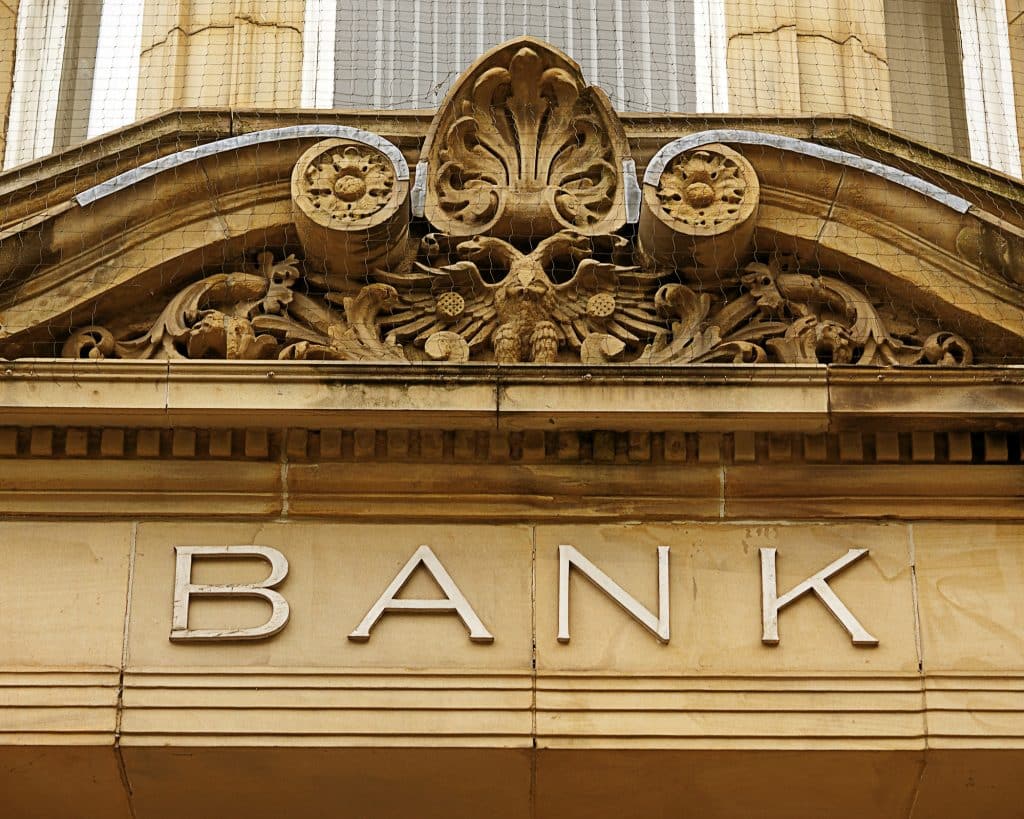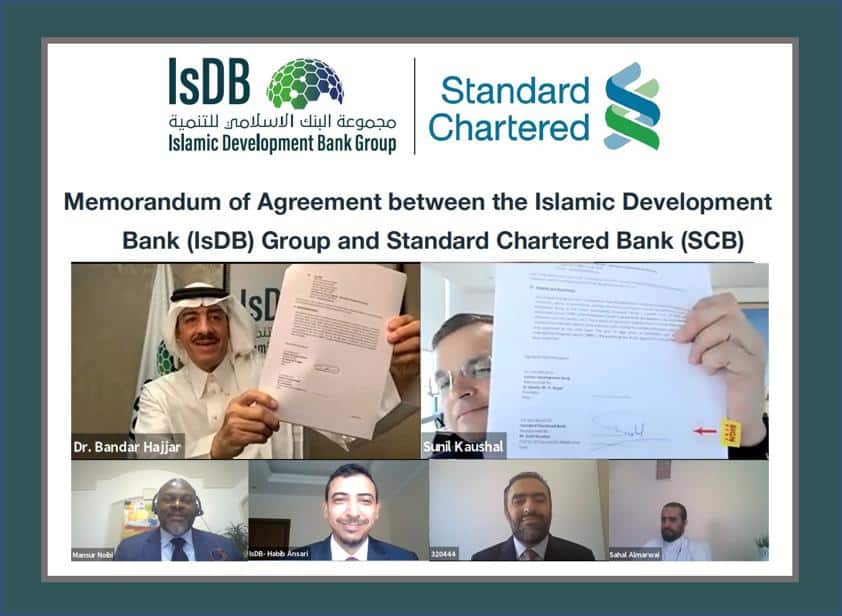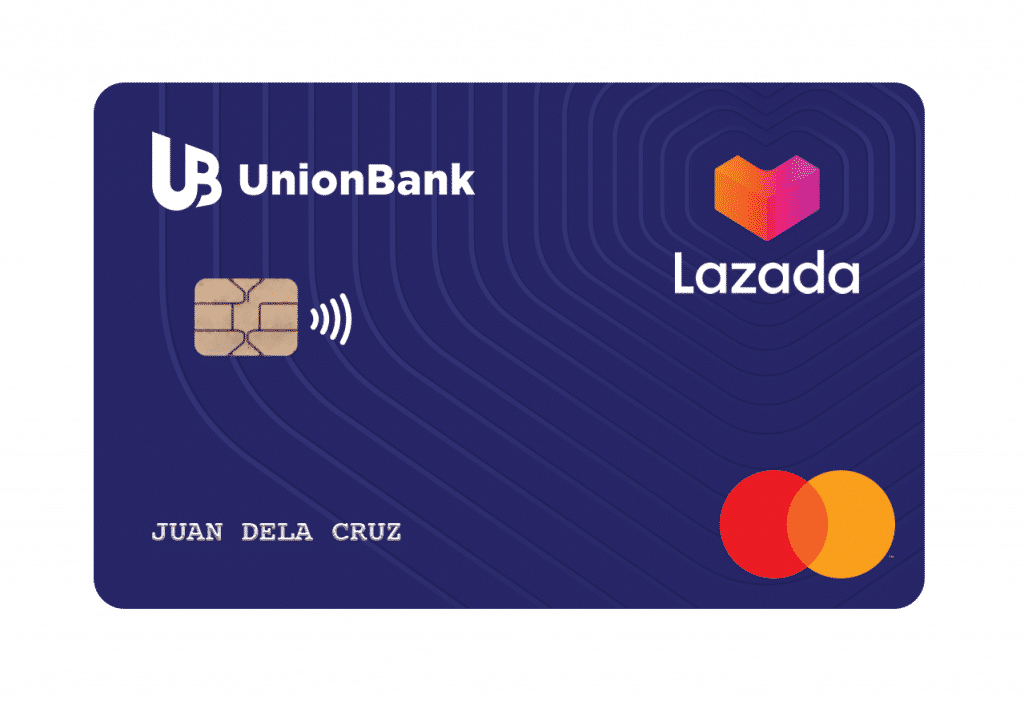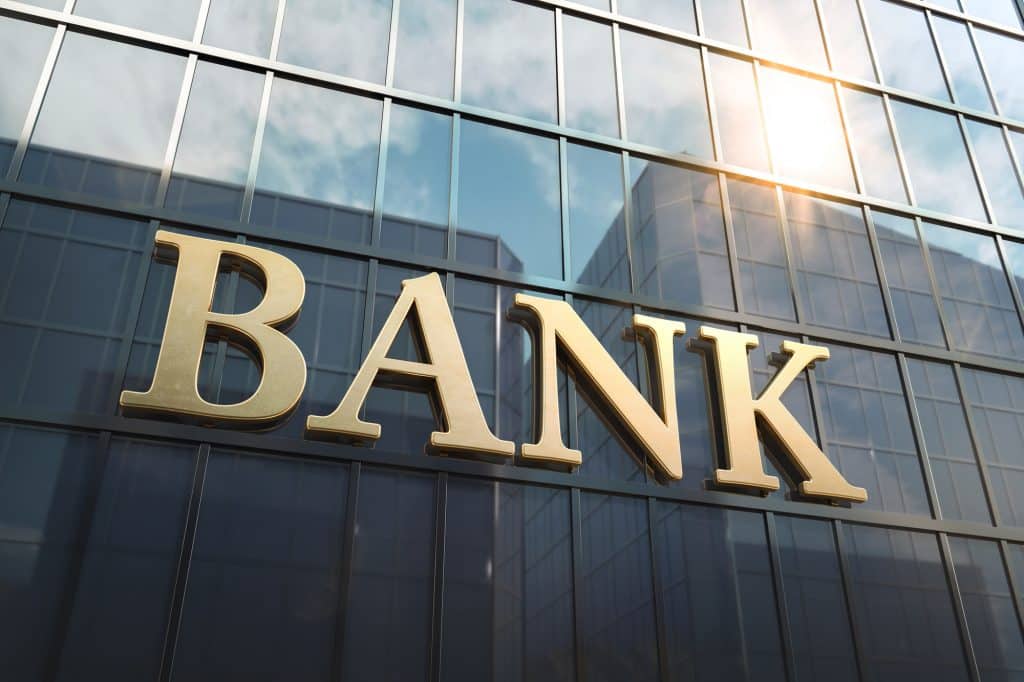In 2018, over two-thirds of adults from the UK used some form of online banking. Though you may not think of banking and finance work as exciting or high-stakes, the field is evolving rapidly. As banking moves more and more digital, you may be wondering if your current bank is keeping up.
If you’ve been thinking about switching to a new bank but are still on the fence, read on. There are a few telltale signs that it’s time to make the switch.
1. Limited Online Banking
Like we said, online banking is the newest frontier. In fact, there are many banks with no brick and mortar branches. These online-only banks are cutting-edge.
Therefore, there’s no excuse for your bank to have a clunky mobile app or inaccessible website. If your bank isn’t keeping up with the digital revolution, it may be time to go.
Of course, if you want a bank that still has physical branches, you have options as well. Many banking institutions have great technology and still allow their clients to bank in-person.
Just know that you can easily upgrade your online banking experience!
2. The Service Fees Aren’t Worth It
Some banks pull tricks to try and get as much money from you as possible. This includes raising their overdraft fees, raising minimum balances, and charging a returned mail fee.
If your bank is trying to take as much money from you as possible, run the other way. Many banks have reasonable fees, or even better, fee-free banking options. Banks with lower fees are more likely to view their clients as people, rather than potential profit.
3. Your Savings Returns Are Unimpressive
Is your savings account languishing instead of growing? Are you earning pennies on your investment? Look for another bank.
You can find lots of high-yield savings account options while shopping around. These typically offer between 1.2% and 3% interest rates, while some banks only offer around .6%.
You can make your savings account work for you, instead of the other way around. Research other institutions and their high-yield account options.
4. Getting Your Money Is A Hassle
With the advent of online banking, getting access to your money should be easier than ever. If a bank offers anything less than lightning-fast transfers, they’re being left behind.
You may think that having slow access to your funds is a compromise worth making. But if you encounter any sort of emergency and need money immediately, you’ll wish you’d switched to a lower-hassle institution.
Avoid banks that take a long time to finalize your deposits. Look for ones that will let you use your money as soon as you leave the branch.
5. You Have Monthly Fees On Your Checking Account
Your current bank may have a surprisingly low monthly rate. However, even £10 is too much when it could be £0!
Many banks offer an option where you only have to pay a monthly fee if you are below the minimum balance. But others have neither a minimum balance nor a monthly fee. Shop around and see what your local institutions offer.
A monthly fee to keep your checking account is a sign that a bank views you as a number instead of a person. Monthly bank fees are unpopular among consumers, so many institutions are doing away with them altogether. Don’t settle for a low monthly rate when you could have none!
6. The Minimum Balance Is Too High
Some banks offer high-yield checking and savings accounts but also require a higher minimum balance. If you’re in a tighter spot than you were when you opened your account, you may have trouble keeping the minimum balance.
This is one of the most practical reasons to switch banks. If you cannot afford to stay with your original bank, you can find high-yield accounts elsewhere. You may have to compromise, but that’s okay.
The stress of meeting an unattainable minimum balance isn’t worth it. You can make this easier on yourself by making a change.
7. Lack Of Accessible ATMs
Though the world is moving more and more online, there are still situations in which you need cash. Though there seems to be an ATM on every corner, some banks charge exorbitant fees to use out-of-network machines.
If you can only use your bank’s proprietary machines without paying a fee, finding the right ATM can be a hassle. This becomes an even worse problem when the right ATMs are few and far between.
Find a bank that has convenient ATMs, or doesn’t charge ATM withdrawal fees. You deserve convenience, and shouldn’t have to pay to access your money!
8. Customer Service Is Rude Or Unhelpful
When you encounter a problem with your bank, their customer service should be swift, polite, and helpful. You should not settle for less, especially when it comes to your money!
Your bank should make it easy to contact customer service. There should be multiple methods of contacting them: instant chat, phone number, email. The representatives should be kind and helpful.
If you have had multiple bad experiences with a bank’s customer service, it’s probably time to switch. Even if there is little else to critique about your bank, bad customer service can drive you away. Your bank should be working to make sure you stay with them for as long as possible.
Find A New Bank That Puts You First
When looking for a new bank, you may not be sure if it’s really time to change. There will always be a million reasons to stay, but just know, you don’t have to settle. The field of banking is advancing fast, and you can have a better banking experience than ever.
Don’t be afraid to do your research. Don’t make your decision in haste, and ensure that your new bank works for you.
For more advice, trends, and market analysis, read through our blog. At Capital Finance International, we strive to bring you finance news that’s interesting and helpful. If you want to learn more about how to bank better, read our blogs now.









